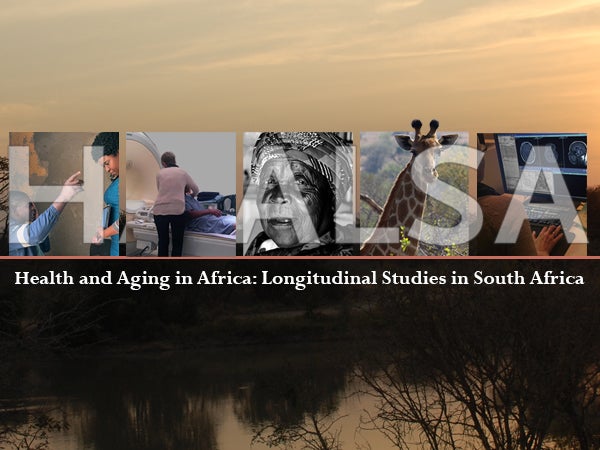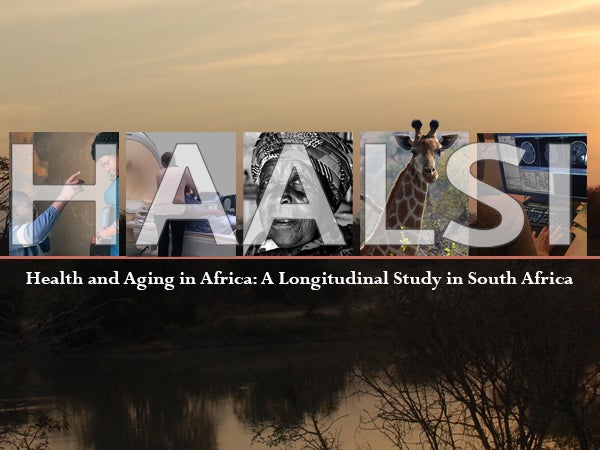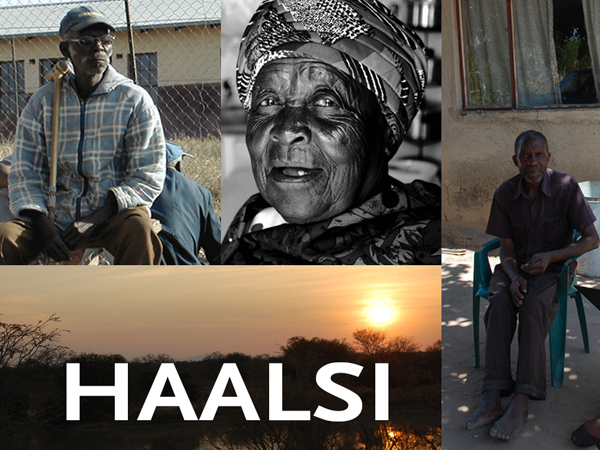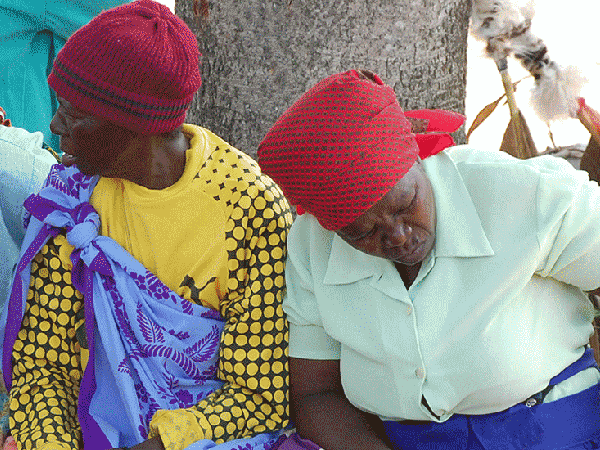Stable engagement in health care, referred to as the care cascade or care continuum, is considered to be essential for those living with HIV to experience healthy aging. Based on two waves of longitudinal data collected from older adults with HIV in rural South Africa, researchers affiliated with the flagship project Health and Aging in Africa: Longitudinal Studies in South Africa (HAALSA) have published their findings in the journal JAIDS…
Continue reading “HIV care cascade for older adults in rural South Africa”



